Solar Financing Options: Tips And Myths
updated at : Thursday, December 29th, 2016
Many solar financing options are available to you. You need to go with the one that is most suitable for your needs. You have decided to install a solar energy system for your home to reduce the electric bill and help the environment by decreasing your carbon footprint from the atmosphere. The renewable energy system which can produce the desired outcome will cost about $20,000.00. Which solar financing companies can you go with? If FHA solar financing is not an option, traditional financing from a bank or credit union will also work for financing solar panels. This solar panel financing option is relatively easy and profitable in the long run.
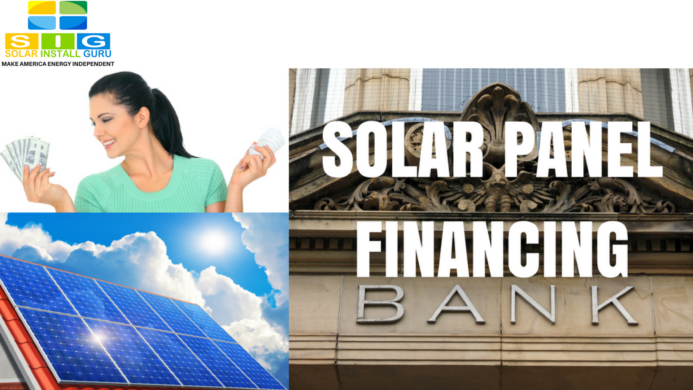
Solar Panel Financing With a Bank Loan
The best and hardly known solar financing option available today is the FHA solar loan, as described in another blog related to FHA solar loan. If the FHA solar loan is not an option, traditional financing from a bank or credit union should be your next option. The rate and the term you will receive depends on your credit score and other financial conditions. The bankers might not be flexible with the length of the loan which they call the “term of the loan”. They might be willing to do solar panel financing for 5 to 7 years. The combined funds from a federal solar tax credit, solar tax rebates by state and a traditional loan will cover the installation cost.
How would you make your solar panel installation project profitable when the loan duration is shorter and the interest rate is a bit higher? The traditional loan is a solar financing option. This option will make your investment profitable in the long run but might not be that glamorous for the short term.
Installation Cost
If your solar energy system installation cost is $20,000.00, one of the solar financing options might be to adopt a combo approach. The combo approach will combine different tax credits from state and federal and couple those with traditional financing. The solar panel financing solution might look like this. You will receive $6,000.00 from the federal government as the federal solar tax credit and you might receive $0 to $10,000.00 from your state government as a solar tax rebate as well. You will receive these tax credits and rebates after your taxes have been filed but you will need all the money during the solar energy system installation.
Traditional Loans
Traditional lending sources can be a great tool for financing solar panels. There are some challenges and benefits to this solar panel financing option. Let’s talk challenges first. Unlike the FHA solar loan financing option, the traditional loans are financed for 5-7 years and not 20 years. This means that due to the shorter loan term, the payments are usually higher. This will increase your apparent electric bill because when you add up your conventional loan payment and the electric bill, the total will most likely be higher than your pre-solar monthly electric bill. Using this solar panel financing option, your apparent electric bill will go up. I use “apparently” because hikes in electric bills are due to the short-term financing of $20,000.00. Here is the good news, due to the accelerated payment schedule, you are going to pay-off the debt in 5-7 years instead of 20 years.
Shorter Payoff Time!
You might pay a bit more for 5-7 years but after you are done paying off the conventional loan, the loan payments will go straight to your pocket as savings from your electric bill. The initial hike will pay a huge dividend for the entire life of the solar energy system. If the FHA solar loan financing option does not work for you, the conventional loan option could be a great vehicle for financing solar panels. Pay off the traditional loan and save thousands of dollars.
If you don’t qualify for the FHA solar loan as one of the solar financing options, no need for despair. Solar energy system financing with a traditional loan will work as well. You can finance the residential solar energy system with combined funds from traditional lending sources and tax credits. In short-term financing, the apparent post-solar bill will be higher but the benefits will last you much longer.
Solar Financing Options and Solar Panel Installation Cost Related Posts:
How to install solar panels for FREE
How much does it cost to install solar panels
How to select a solar panel installation company
How to finance your solar panel installation cost with low cost financing options
How to make sure that your roof is ready for solar panel installation
How to secure low cost and long term solar panel financing with FHA PowerSaver
How to increase your property value and slash electricity bill by 90 percent without additional cost
How to choose solar panel size that will make your solar panel investment profitable
How to choose solar panel installer that will make your solar panel investment profitable
How to slash your electricity bills by 90 percent and increase your property value
How to slash your electricity bills by 90 percent with feed in tariff
how to slash your electricity bills by 90 percent with net metering
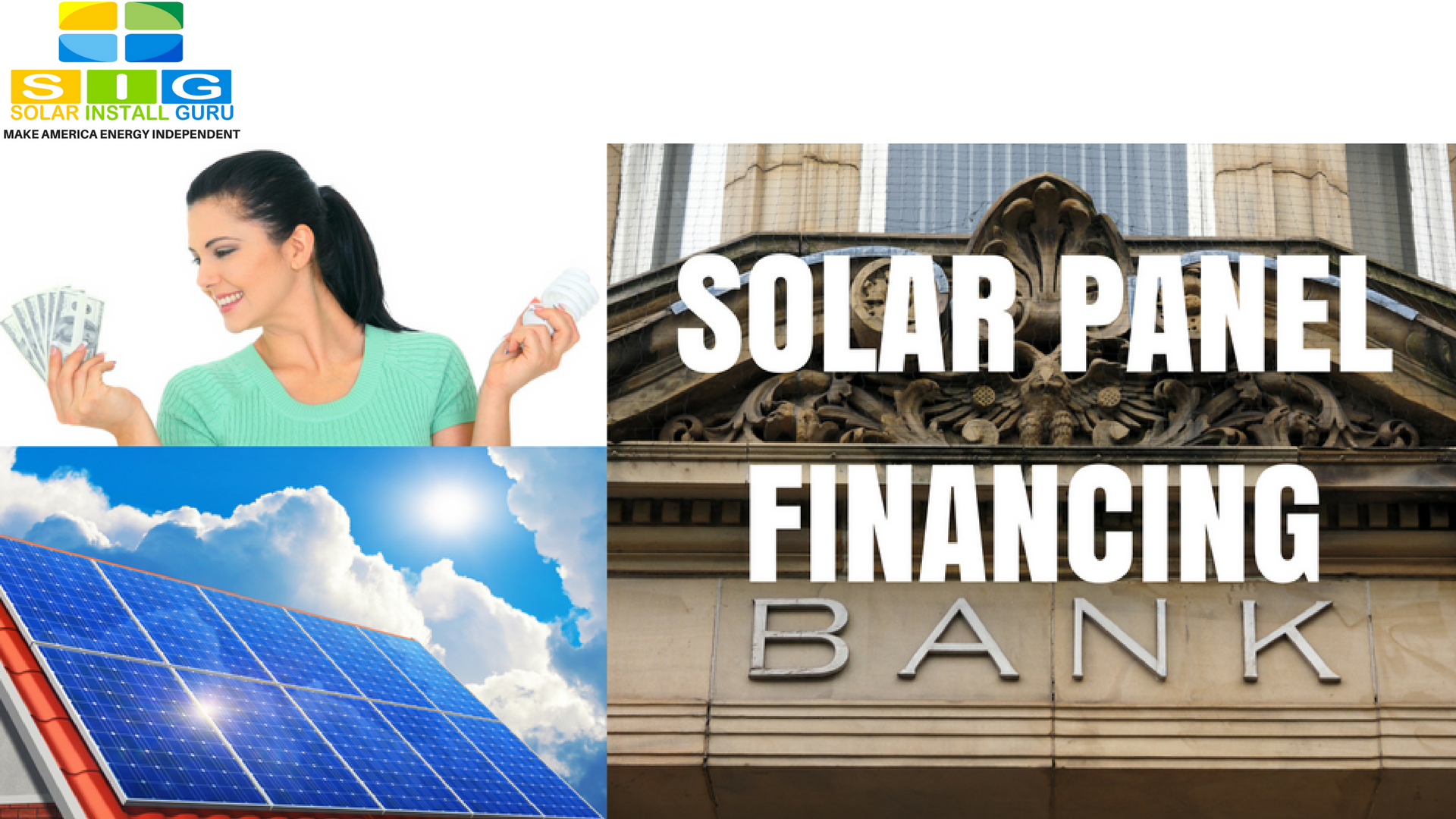
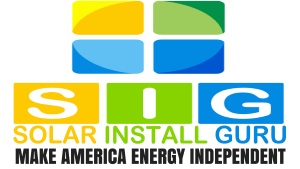
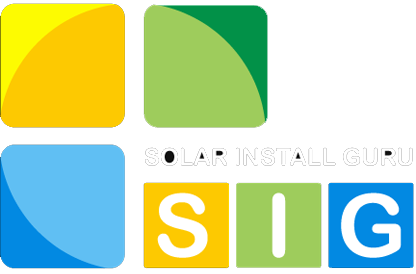

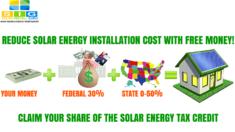

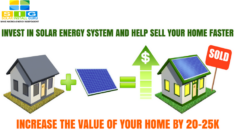
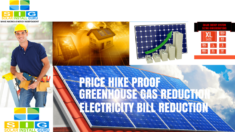
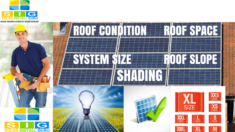
Was this post helpful? How can we improve?
WOULD LOVE TO HEAR FROM YOU!